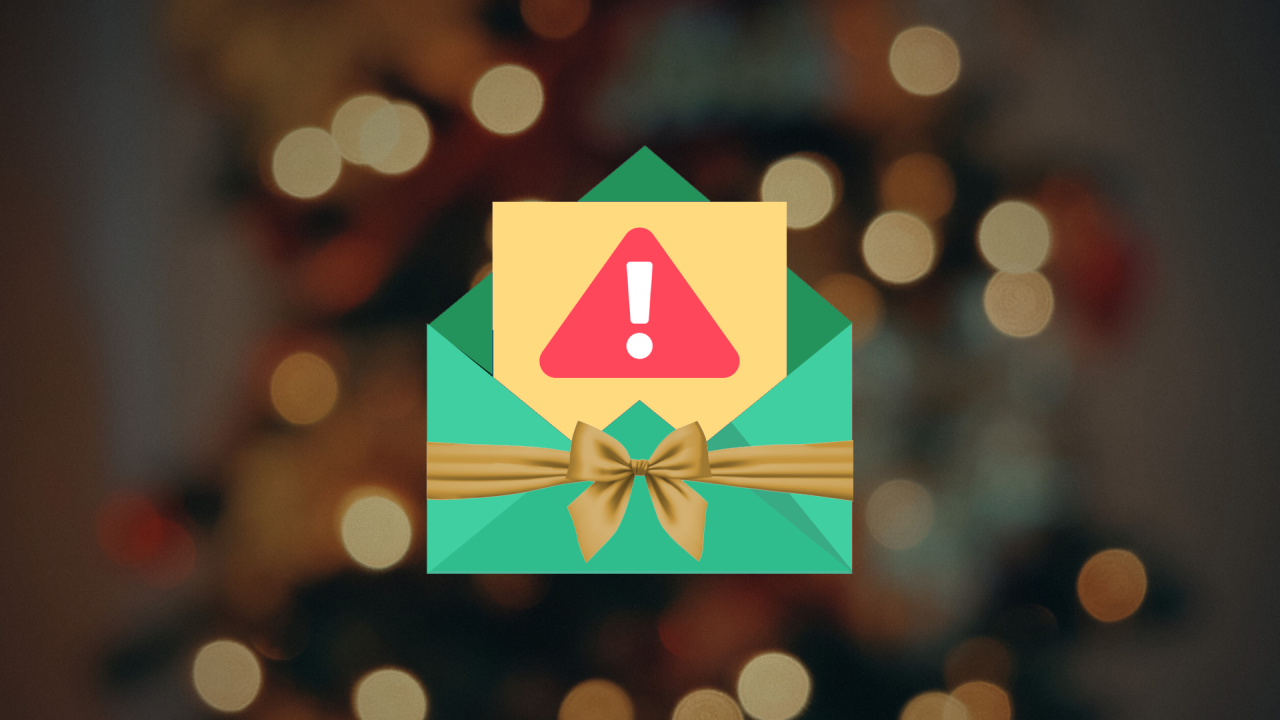
Holiday Scams: How to Recognize the Signs & Remain Vigilant
The holiday season is about giving, not taking. Be aware of unsolicited emails, phone calls, text messages, or social media messages with holiday themes that ‘phish’ for your personal and financial information.
Holiday scams often indicate urgency, offer jobs but ask you to pay first, ask you to send money in return for more money later, provide gift cards or gift card information, bail family members out of jail, transfer funds, and reset your passwords.
These messages claim to come from a legitimate source such as a trusted friend, colleague, or institution and some can be personalized to you. Scammers often collect identifiable information about you from social media or the compromised account of someone you know to make their messages more convincing.
Protect Yourself Against Scams
- Think critically. While the email or message may sound legitimate, think about what you are being asked to do, and consider whether the request makes sense.
- Contact the sender or caller through officially listed or confirmed email addresses or phone numbers. Remember, malicious actors can find information about you online and then use that information to make their messages sound legitimate.
- Do not reply, click any links, open an attachment, or enter personal information on a website, login screen, or form referenced in a suspicious email, phone call, or text message.
- Never transmit sensitive financial or personal information over email or social media, even if the message requesting information appears to be legitimate.
- Protect your privacy. Identify what data about you is viewable online and where this information is located. Take steps to remove any information that you are uncomfortable having on the internet. Consider making your social media accounts private.
Did you respond to a scam?
Follow the guidance provided by the Federal Trade Commission to help protect your information.
Check out more guidance from UC Net related to phishing attempts on UC Path accounts.
Help keep the community safe – report potential scam emails
Not sure about a message? Report potential scams to cybersecurity@ucdavis.edu.
Stay safe this winter season!
